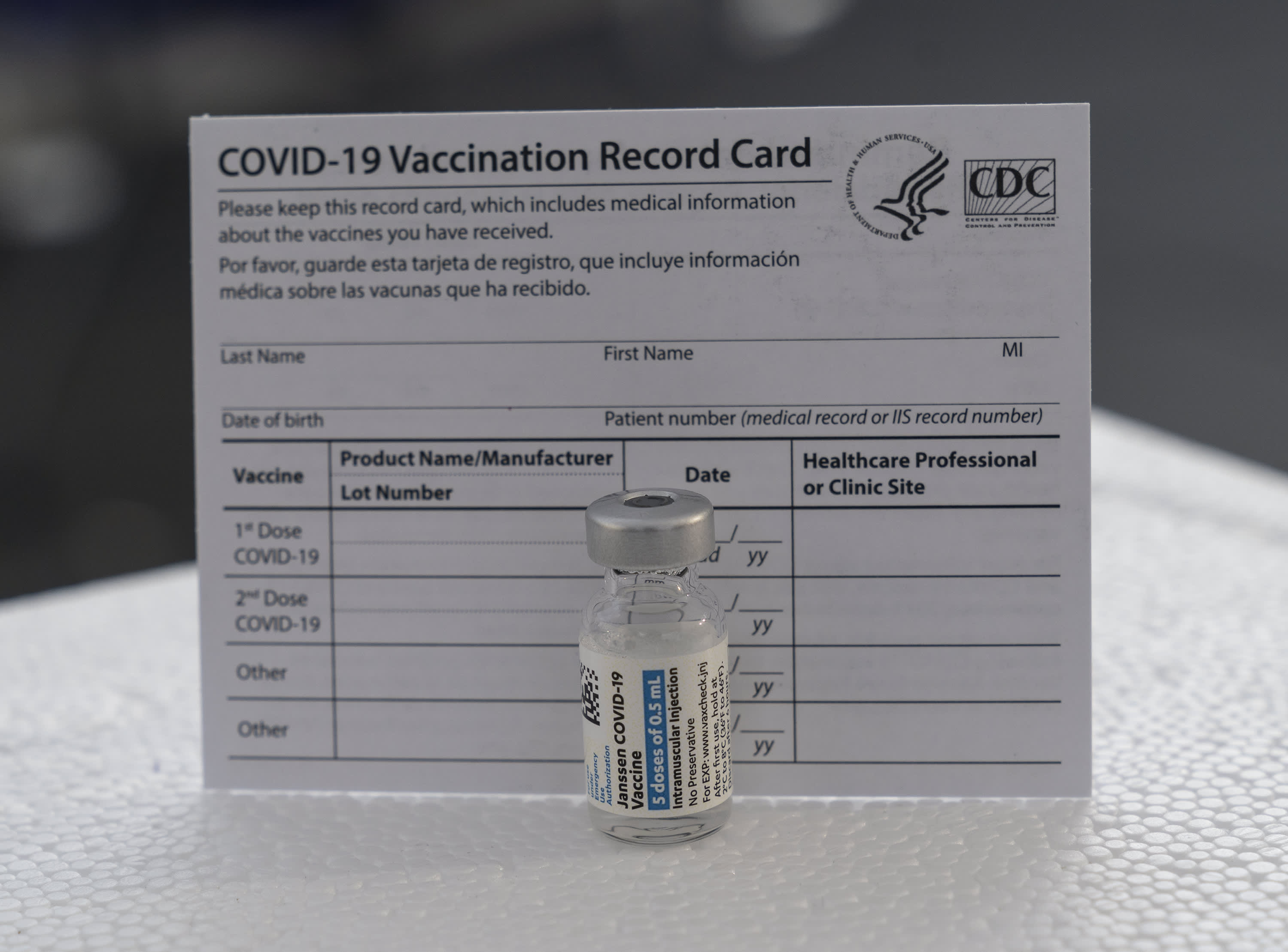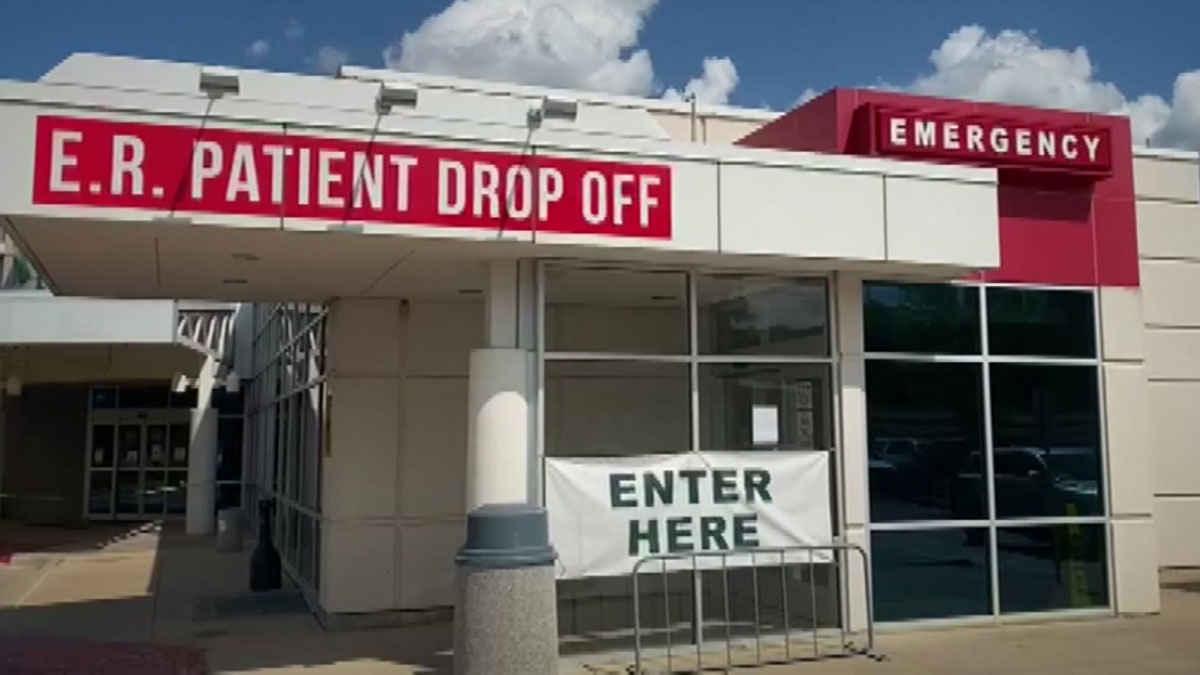What to Know
- The federal government approved COVID booster shots for all Americans as early as Wednesday amid a delta variant surge that has sent new case and hospitalization rates soaring across U.S.
- Pending FDA approval, NYers can expect to be administered boosters no earlier than the week of Sept. 20, with healthcare workers, nursing home residents and the elderly slated to be among the first recipients
- Residents would be able to get their third shots at hospitals, clinics, pharmacies, as well as the additional city sites, mobile options and through in-home vaccination programs
The highly contagious delta variant represents about 95% of positive COVID samples collected this month across New York state, officials said Wednesday as they announced a months-long single-high death toll of 20.
Hospitalizations have also soared this month and now stand at 1,888, levels not seen since mid-May and marking a 135% in just the last 17 days. At the same time, new evidence raises more questions about the durability of protection vaccines afford against this particular strain, which is now dominant across the globe.
Nearly 85% of all U.S. counties, including all five that comprise New York City, are now considered "high transmission" rate areas by the CDC, with new case rates of at least 100 per 100,000 residents daily. More than 9.6% of U.S. counties are deemed "substantial transmission" areas. Both classifications trigger a universal indoor mask recommendation by the CDC regardless of vaccination status.
Nationally, delta accounts for at least 86% of all positive COVID samples tested, according to the CDC.
Get Tri-state area news delivered to your inbox. Sign up for NBC New York's News Headlines newsletter.
New York City, where delta accounts for at least 90% of positive samples sequenced this month, debuted its new proof-of-vaccine mandate for gyms, theaters and restaurants earlier this week to bolster public safety in the face of the variant — although a group of Staten Island businesses filed a lawsuit Tuesday against the executive order, calling it "arbitrary, irrational, unscientific, and unlawful." Meanwhile, the TSA extended its mask mandate for travelers into 2022.
Most critically, federal health authorities said Wednesday they recommend an extra dose of the COVID-19 vaccine for all fully vaccinated Americans within eight months of immunization. The federal plan, pending formal FDA approval, calls for municipalities to begin administering booster shots the week of Sept. 20.
“We have a responsibility to give the maximum amount of protection,” President Joe Biden said at the White House. He added that extra doses are also “the best way to protect ourselves from new variants that could arise.”
Preparations are well underway in New York to start doling those third doses out. The booster dose is only recommended for Pfizer or Moderna at this point and aims to secure longer-lasting protection against the coronavirus as the highly contagious delta variant continues to ravage the country. The spikes have largely been among the unvaccinated, but preliminary evidence suggests even fully vaccinated people may be more at risk to re-infection from the delta strain than previous strains.
The Empire State already approved a third dose of the Pfizer and Moderna vaccine for two-dose recipients who have weakened immune systems this week, allowing them to get their booster shot 28 days after receiving their second dose.
New York City Health Commissioner Dave Chokshi on Tuesday said the city has been preparing for the possibility of a booster shot for some time and local officials are waiting on federal guidance before solidifying their plans.
"We do need the federal government to come out with its official guidance, particularly the FDA authorization. And that will likely require that all of the science be vetted, and it go through the official process before booster doses are formally recommended," Chokishi said.
New Yorkers can expect to be administered booster doses no earlier than sometime in September. Residents will be able to get their third shots at hospitals, clinics, pharmacies, as well as city-run sites, mobile options and via in-home vaccination programs. Have questions? This explainer answers the top ones across the U.S.
More on COVID-19
Healthcare workers, nursing home residents and other older people are likely to be among the first to receive them since they were among the first groups to start getting vaccinated when the coronavirus vaccines rolled out. Last week, U.S. health officials recommended boosters for some people with weakened immune systems, such as cancer patients and organ transplant recipients.
For now, only the Pfizer and Moderna vaccines have been authorized for booster doses and people with the following conditions already qualify:
- Been receiving active cancer treatment for tumors or cancers of the blood;
- Received an organ transplant and are taking medications to suppress the immune system;
- Received a stem cell transplant within the last 2 years or are taking medicine to suppress the immune system;
- Moderate or severe primary immunodeficiency (such as DiGeorge syndrome, Wiskott-Aldrich syndrome);
- Advanced or untreated HIV infection;
- Active treatment with high-dose corticosteroids, cancer chemotherapy that causes severe immunosuppression, or other medications that may suppress your immune response.
Not sure how the process works? Check out our handy tri-state vaccine site finder and FAQs here
New York City and New Jersey Vaccine Providers
Click on each provider to find more information on scheduling appointments for the COVID-19 Vaccine.
Data: City of New York, State of New Jersey • Nina Lin / NBC
Still unknown is whether people should get the same type of shot they got when first vaccinated. The nation’s top health advisers will be looking for evidence about booster safety and how well they protect against infection and severe disease.
HHS said people who received the Johnson & Johnson vaccine will also likely need a booster shot, but more data is needed because the U.S. didn't begin administering it until March 2021.
Washing hands, social distancing and wearing masks indoors can curb the spread of the virus, but the COVID-19 vaccine is the only tool that will prevent serious illnesses and death. Unvaccinated individuals are 20 times more likely to die from the coronavirus, Chokshi said, urging more New Yorkers to get their first shot.



